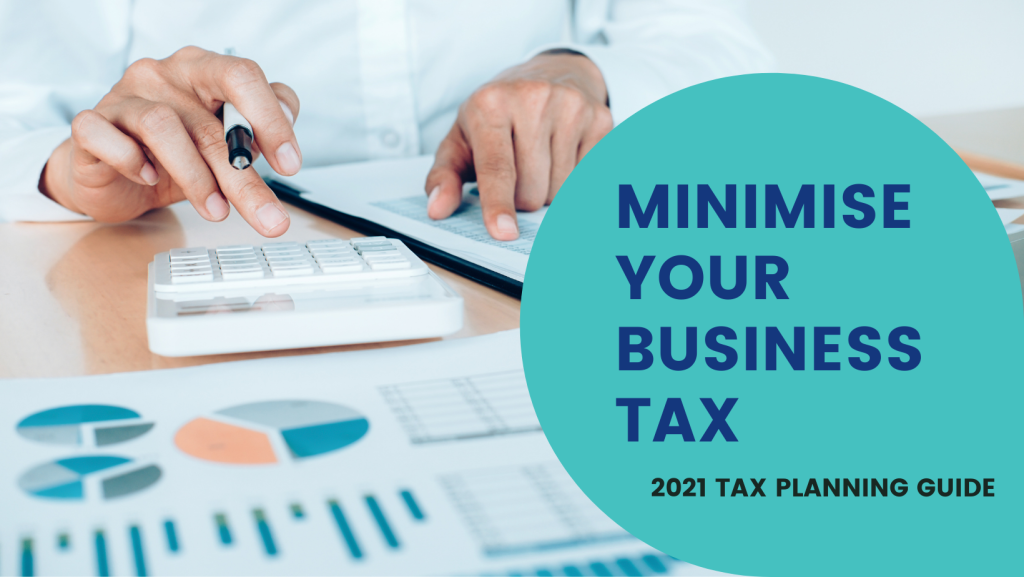It isn’t easy to put a price tag on a company, whether you’re trying to sell your business or buy one. There are tons of business valuation considerations to look at that may affect a company’s value, down from its performance in the market up to its overall size.
However, it isn’t to say that this is impossible to figure out the value. Companies are frequently bought or sold, and they are doing so after understanding many aspects of the company, including its value.
With that said, if you are interested in purchasing a business or selling yours, you’re in the right place. We’re going to tell you precisely the things you need to assess to understand the company’s actual value fully:
1. Operating Period
When it comes to assessing a company’s value, one of the three criteria to be considered is the operating period of the business. In other words, how long has the business been running? Generally, the longer the business has been running, the better it will be performing overall. This is because only a company with loyal customers, great cash flow, and overall good history can last long. This includes companies that are three years or older.
If you are dealing with companies that are less than two years old, be careful. The reason these companies did well earlier might be due to a trend or a popularity boom. Now, with the market turning away, that might be why the business is being sold.
2. Sales’ Circumstances
The context or circumstance of the sales matters a lot to the company’s value. For instance, the business owner wants to sell their company away because they’re going bankrupt and will likely take the first offer they get. This can be referred to as a forced sale and can cause the company’s value to drop significantly.
On the other hand, if the owner is reluctant to sell the company, the prices might shoot up more. This is when negotiations come in, and more often than not, the lengthier the negotiations, the likelier the business will be valued high.
3. Tangible and Intangible Assets
Tangible assets are types of assets that have some resale value. These can include machinery, stocks, and property that the company still owns. In other words, they’re assets that are physical in nature.
Meanwhile, assets that aren’t physical in nature are known as intangible assets. This can include the brand’s reputation, intellectual properties, and more. While they certainly cannot be like tangible assets can, they still significantly affect a company’s value. However, intangible assets can be a lot tougher to value, so taking the time to understand just how worth these types of assets are particular to a business is vital.
Conclusion
Business valuation can be challenging, especially when taking into consideration things like intangible assets and sales circumstances. However, with the right help, you can easily value any business. Whether you are trying to sell your company or buy another company, reach out to acquisition professionals that can help you buy or sell businesses for the right value quickly and easily. They’ll do everything from reviewing your goals to understanding your finances to ensure you make the right financial decisions to succeed!
Wardle Partners are business accountants and tax experts in Caloundra, offering business accounting, tax, and other financial services to make it easier for businesses to make the right financial decisions. If you are looking for accounting firms on Sunshine Coast to help you acquire or sell businesses, reach out to us today!



